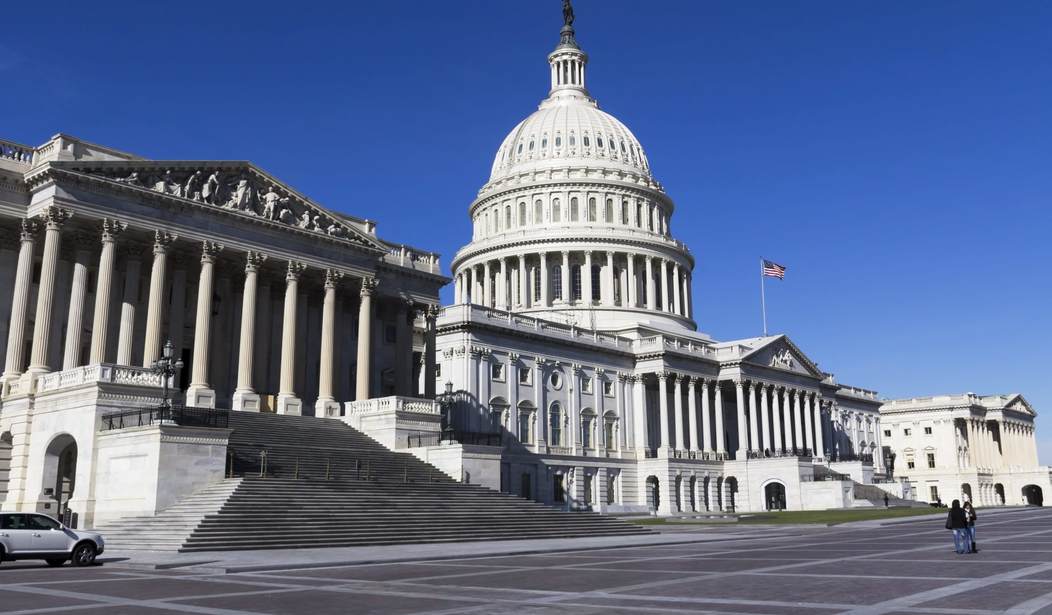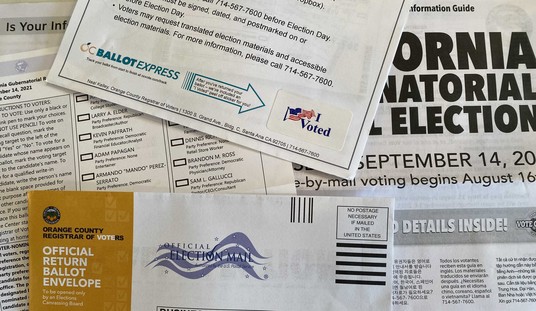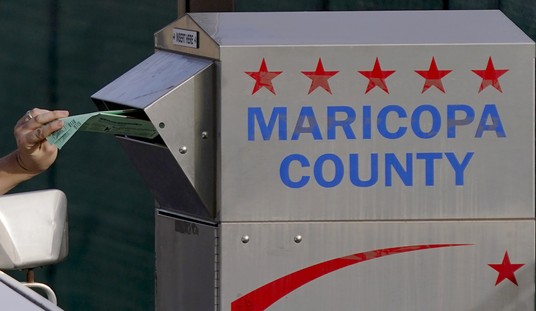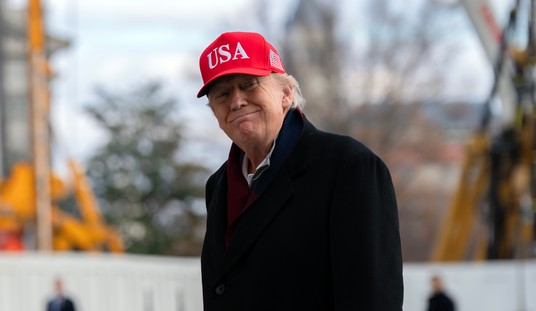WASHINGTON – Lawmakers return to Washington next month after the traditional holiday respite with plenty of issues pending as they enter the second session of the 114th Congress, but time and politics might get in the way of any substantial successes.
Whatever members of Congress choose to address in 2016, they’re not leaving themselves much time to do it. The recently released House calendar shows the lower chamber in session for only 111 days with the Senate showing up for work 149 times. After an extended August recess – providing those seeking re-election with ample time to campaign – only 42 days will remain to wrap things up.
And, of course, the race for the presidency will play a role in what gets considered and what doesn’t. With both chambers under GOP control, leaders may want to delay major actions until it’s determined who will be residing in the White House for four years beginning in 2017.
Lame duck sessions are rarely the best time to get any legislating done but two factors may force some action — 2016 provides President Obama with a final opportunity to add to his legacy and newly-installed House Speaker Paul Ryan (R-Wis.) may want to leave an immediate mark.
During an address at the Library of Congress on Dec. 3, Ryan said his top congressional priority for 2016 “is to put together a complete alternative to the left’s agenda,” which he termed “a work in progress, no doubt.”
Topping Ryan’s list is tax reform – a phrase that attracts widespread support on both sides of the political aisle but means different things to different people, and that’s the rub.
Ryan said he wants a code “all of us can live by.” Currently “we have a tax code that none of us can understand.” It should be a tax code “that rewards good work instead of good connections.”
“The only way to fix our broken tax code is to simplify, simplify, simplify,” he said. “Close all those loopholes and use that money to cut tax rates for everybody. Take the seven tax rates we have now and collapse them to two or three.”
Ryan said he understands why individuals and organizations might want to retain the “loopholes” that work to their advantage.
“But there are so many of them that now the tax code is like a to-do list –Washington’s to-do list,” he said. “But Washington has no business micromanaging people’s lives — pure and simple. I also know many of these loopholes will be fiercely defended. All I can say is we will not be cowed. We are not here to smooth things over. We are here to shake things up.”
Senate Republican Leader Mitch McConnell, of Kentucky, also is on board, but he expressed doubt that Obama “had an epiphany and decided to join with us.”
“We need to do comprehensive tax reform and what are the conditions under which you can achieve that? I think you have to have a bipartisan agreement that it’s going to be revenue neutral to the government,” McConnell told reporters.
Also on the agenda – and it’s a big maybe – is the proposed Trans-Pacific Partnership, a trade agreement with 11 Pacific Rim countries to “promote economic growth; support the creation and retention of jobs; enhance innovation, productivity and competitiveness; raise living standards; reduce poverty in our countries; and promote transparency, good governance, and enhanced labor and environmental protections.” The pact includes provision to reduce tariffs and create a dispute settlement mechanism.
Ryan wants to get to it pronto. At an event earlier this month sponsored by Politico, Ryan called the deal “very important,” asserting that it has “a lot of promise” since it provides the U.S. with an opportunity to set the rules for global trade in a growing economic region.
The White House would certainly like to move the agreement but McConnell is decidedly more cautious, suggesting that action might have to wait until after the November election, a move that would save GOP incumbents seeking a return to Washington some cover for a potentially tough vote.
Obama, who has called TPP “the most progressive trade deal in history,” has made passage of the pact a priority heading into the legislative session despite some opposition from both Republicans and protectionist Democrats. The administration, he said, will have to “stitch together the same kind of bipartisan effort” that helped his administration win a fight over fast-track trade authority.
Then, of course, there’s that old standby – Obamacare – which has literally withstood dozens of Republican repeal efforts over the past five years but remains on the books. Ryan indicated lawmakers will have yet another opportunity to get rid of it again in 2016.
“There are many things to do, but most urgent is to repeal and replace Obamacare,” Ryan said. “When people ask me what’s wrong with the law, I usually say to them, how much time do you have? But if I had to point out one thing, it would be the mandates, the restrictions, all the red tape. How do I know they have failed? You notice we don’t talk about lowering premiums anymore. We’re supposed to be happy if they don’t go up by double digits.”
Instead of requiring individuals to purchase health insurance, one of Obamacare’s key dictates, Ryan said the federal government should simply help people pay for health insurance.
“I’ve long believed we should offer an individual tax credit to help people pay for premiums — giving more to the old and sick,” he said. “There are a lot of other ideas out there, but what all conservatives can agree on is this: We think government should encourage personal responsibility, not replace it. We think prices are going up because people have too few choices, not because they have too many. And we think this problem is so urgent that, next year, we are going to unveil a plan to replace every word of Obamacare.”
One area where agreement seems to be building between Democrats and Republicans is criminal justice reform. Lawmakers on both sides of the aisle have become well aware that the federal prison population grew from 24,000 in 1980 to more than 215,000 by the end of 2013.
Almost half of the prisoners in the federal system are there because of drug offenses. The Sentencing Reform and Corrections Act, among other things, reduces the mandatory minimum prison term imposed on certain non-violent defendants convicted of a high-level first-time or low-level repeat drug offense. It also permits a court to impose a sentence below the mandatory minimum for certain non-violent, cooperative drug defendants with a limited criminal history.
“I don’t agree with the president on a lot of things, perhaps most things, but I’m glad to know he is making this issue a priority,” said Senate Republican Whip John Cornyn, of Texas. “And I really think it’s one of those rare, magical moments where you see things coming together on a bipartisan basis across the political spectrum where we can actually make some real progress that will benefit the American people and make our criminal justice system fair and more effective.”
And Ryan is opening the door to further reforming the welfare system – a move that Democrats likely will not welcome with open arms.
“We have to make sure it always pays to work,” he said. “In 1996, we created a work requirement for welfare. But that was just one program. We have to fix all the others now. I’d combine a lot of them and send that money back to the states for better poverty-fighting solutions. Require everyone who can to work. Let states and communities try different ideas. And then test the results.”
Two issues that have grabbed plenty of headlines in the recent past – immigration reform and the defunding of Planned Parenthood because of claims, denied by the organization, that it was selling tissue claimed from aborted fetuses for research purposes – may make an appearance but are unlikely to go anywhere.









Join the conversation as a VIP Member